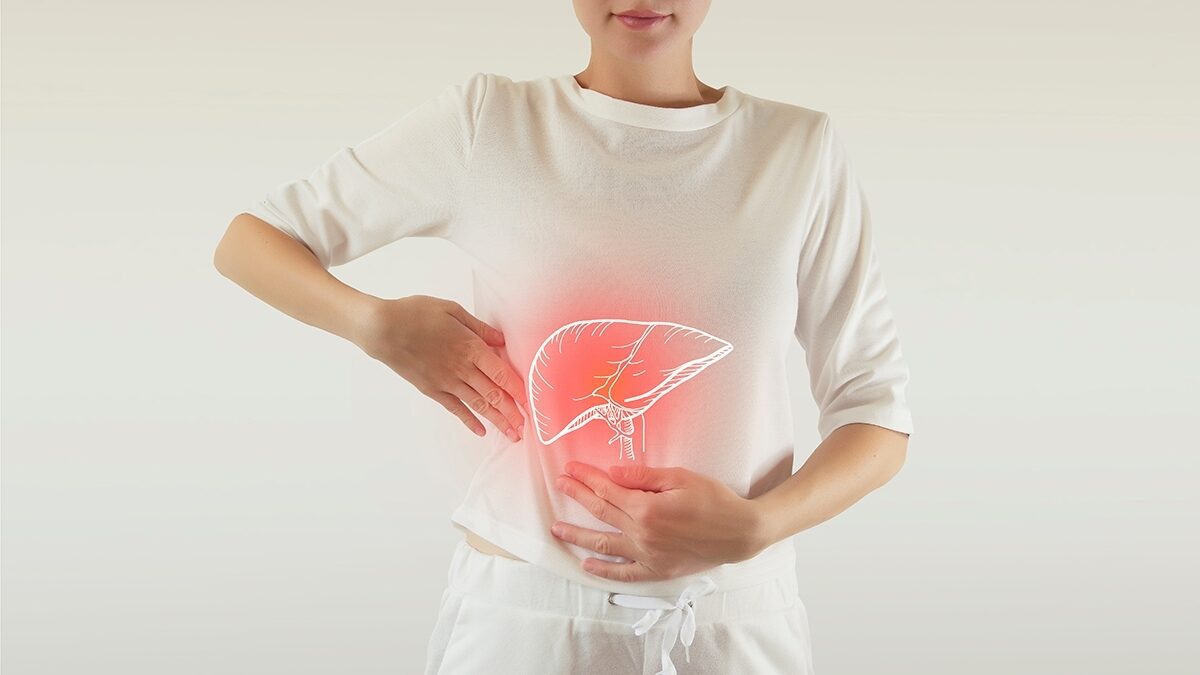
The novel class of structure-based designed cyclophilin inhibitors exhibit selective cellular activity against human liver cells and could be used as a treatment for MASH
Application
Small molecule treatment for MASH
Development Status
Ongoing development
IP Status
Commercial Offerings
Licensing or collaborative research
Opportunity
Metabolic dysfunction-associated steatohepatitis (MASH, previously NASH) is the most common chronic liver condition, with a prevalence of 30%, and the leading cause of liver transplants. The MASH pathophysiology is thought to be significantly driven by cyclophilins, and their inhibition is emerging as a key therapeutic strategy for attenuating liver fibrosis in MASH patients. However, current trialled cyclophilin inhibitors lack subtype selectivity and have not arrived on the market for MASH treatment. University of Edinburgh inventors have developed a novel class of cyclophilin inhibitors that shows subtype cyclophilin selectivity and improved in vitro activity on human liver model cells of MASH.
Technology
Scientists at the University of Edinburgh have developed a new library of cyclophilin inhibitors with strong potential for the treatment of MASH by selectively inhibiting cyclophilin B, a key target for attenuating MASH-related fibrosis. Unlike most of the current cyclophilin inhibitors under clinical trials, this new class of inhibitors show target and cell type selectivity, are not genotoxic, and present improved pharmaceutical properties. In vitro studies on the lead compound offer promising results for the further development of the new generation of MASH treatments.
Benefits
Publication
‘Optimization of Cyclophilin B-Targeted Tri-vector Inhibitors for Novel MASH Treatments’
Maria-Eleni Kouridaki, Jonathan Gillespie, John Robinson, Tanya Mathie, Laura Bain, Duncan McArthur, Angus Morrison, Daniel B. Greenslade, Michail Papadourakis, Kasia Maj, Kate Cameron, Darryl Turner, Scott P. Webster, Martin A. Wear, Dahlia Doughty-Shenton. Alison N. Hulme, Julien Michel.
J. Med. Chem., ASAP, 2025 doi:10.1021/acs.jmedchem.5c00301
Quote: TEC1104125

Senior Technology Transfer Executive
College of Science and Engineering
College of Medicine and Veterinary Medicine